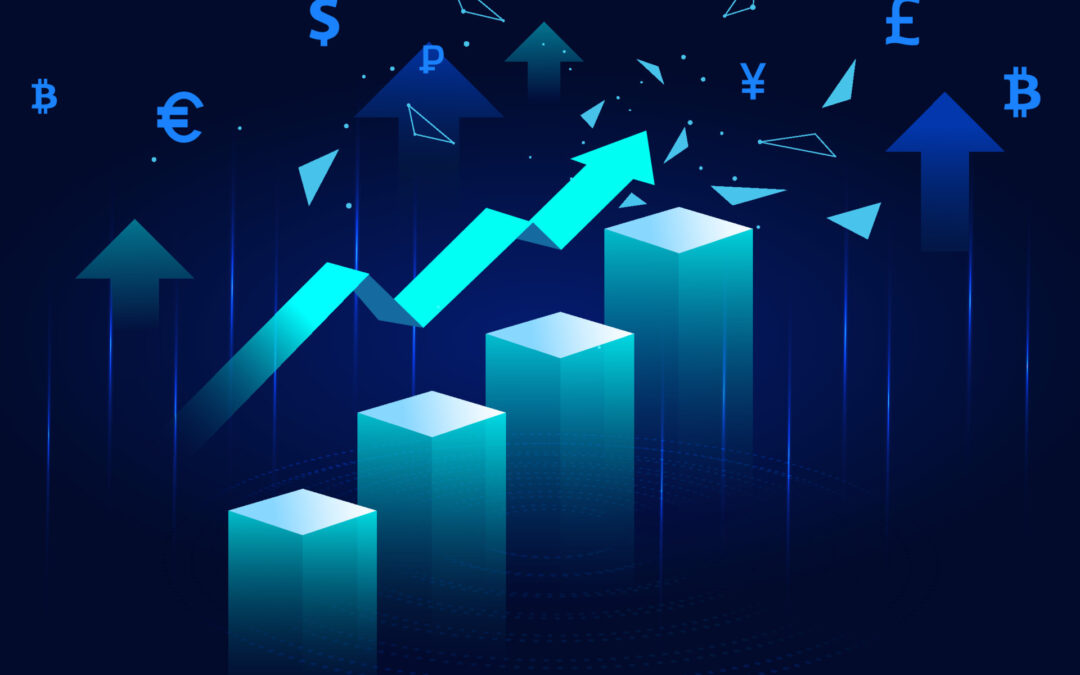In today’s digital age, the financial landscape is undergoing a radical transformation thanks to the rise of Decentralized Finance, or DeFi. This groundbreaking innovation has been turning heads and raising eyebrows with its promises of democratizing access to financial services and, of course, its potential for profitability. But just how profitable is DeFi, and what opportunities does it offer for savvy investors? Join me as we delve into the world of DeFi to uncover its profit potential and the possibilities it holds for financial growth.
Understanding DeFi
First things first, let’s grasp the essence of DeFi. Unlike traditional finance, which relies heavily on intermediaries like banks and brokers, DeFi operates on blockchain technology, allowing for decentralized and trustless transactions. Essentially, it’s about cutting out the middlemen and giving individuals more control over their finances.
Profitability in DeFi
Now, let’s address the burning question: Is DeFi profitable? The short answer is yes, but it comes with its own set of considerations and risks. One of the primary ways individuals profit in DeFi is through yield farming. Yield farming involves lending or staking crypto assets in decentralized protocols in exchange for rewards, typically in the form of interest or additional tokens. With APYs (Annual Percentage Yields) often far surpassing those offered by traditional banks, the potential for substantial profits is certainly enticing.
However, it’s crucial to proceed with caution. DeFi, while promising, is still a nascent and evolving space, which means it’s not without its pitfalls. Smart contract vulnerabilities, impermanent loss, and regulatory uncertainties are just some of the risks investors need to be mindful of when navigating the DeFi landscape.
Opportunities in DeFi
Beyond yield farming, DeFi offers a myriad of other profit-generating opportunities. Decentralized exchanges (DEXs) enable users to trade cryptocurrencies directly from their wallets, often with lower fees and greater liquidity than centralized exchanges. Liquidity provision, lending, borrowing, and even participation in decentralized autonomous organizations (DAOs) are all avenues through which individuals can potentially profit in DeFi.
Moreover, the burgeoning DeFi ecosystem is constantly expanding, with new projects and protocols emerging regularly. This means there’s no shortage of opportunities for those willing to stay informed and actively engage with the space.
Conclusion
the profitability of DeFi is undeniable, but it’s not a guaranteed road to riches. Like any investment opportunity, it requires careful research, risk management, and a willingness to adapt to the ever-changing landscape. For those who are willing to take the plunge, however, the potential rewards are significant. Whether you’re a seasoned investor or a curious newcomer, exploring the world of DeFi could be the key to unlocking new financial opportunities and reshaping the future of finance as we know it.

